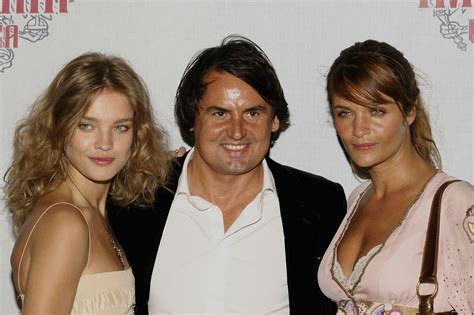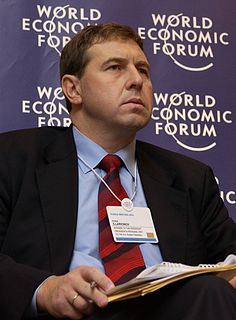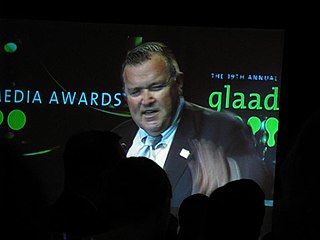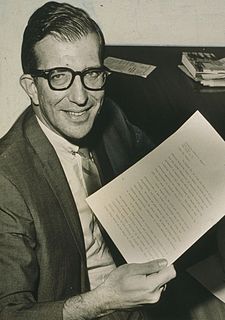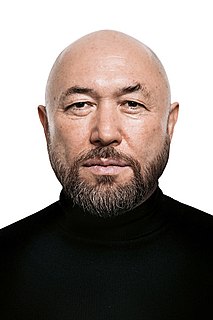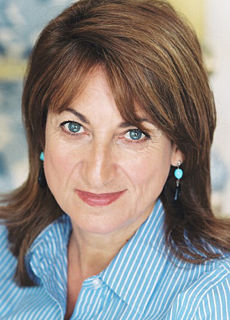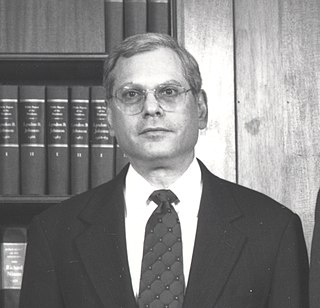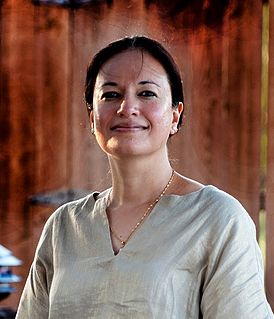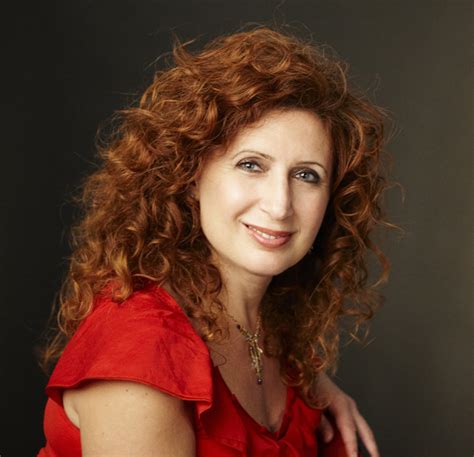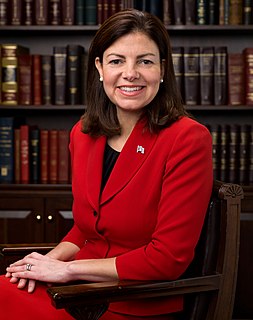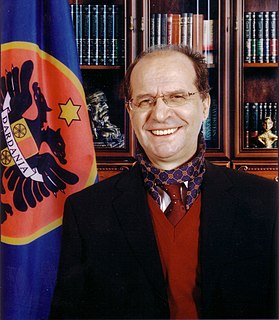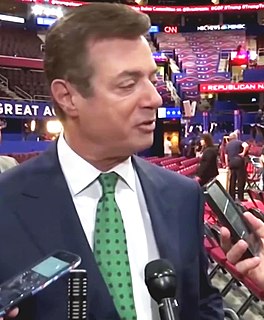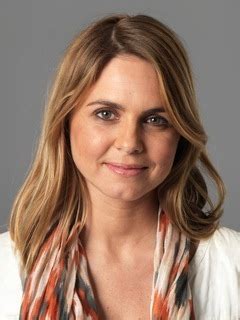Top 1200 Russian Economy Quotes & Sayings - Page 3
Explore popular Russian Economy quotes.
Last updated on December 19, 2024.
Do not expect that once taking advantage of Russia's weakness, you will receive dividends forever. Russian has always come for their money. And when they come - do not rely on an agreement signed by you, you are supposed to justify. They are not worth the paper it is written. Therefore, with the Russian is to play fair, or do not play.
We are close to a consensus that the Kyoto Protocol does huge economic, political, social and ecological damage to the Russian Federation. In addition, it certainly violates the rights and freedoms of Russian citizens, and well as the rights and freedoms of citizens in those countries which signed and ratified it.
I think that whether I can be a Russian spy is being investigated by U.S. government since they learned about Sci-Hub, because that is very logical: a Russian project, that uses university accounts to access some information, of course that is suspicious. But in fact Sci-Hub has always been my personal enterprise.
Our economy will not prosper as long as it is monopolised (by the government). The economy must be rid of monopoly and see competition, it must be freed of insider speculation, be transparent, all people must be aware of the statistics. If we can bring transparency to our economy, we can fight corruption.
I think what we are confronting now is a new war of ideas. It's not communism versus capitalism, but it is authoritarianism versus democracy and representative government. And that is a threat that here in Europe, they feel acutely. They've seen their countries interfered with, bombarded by cyber-attacks, by Russian propaganda, indeed, by Russian troops.
A lot of the Russian economy is built around people who are one way or another milking the state and taking money from the state and recycling it into their private bank accounts. And there are a lot of people who are taking advantage of that, so it's not just one person. It's a kind of web of people doing that, and that's how the system stays in power and how people stay in control.
Only by transforming our own economy to one of peace can we make possible economic democracy in the Third World or our own country. The present economy generates wars to protect its profits and its short-term interests, while squandering the future. Unless we transform the economy, we cannot end war.
It's time to admit that public education operates like a planned economy, a bureaucratic system in which everybody's role is spelled out in advance and there are few incentives for innovation and productivity. It's no surprise that our school system doesn't improve: It more resembles the communist economy than our own market economy.
There is no need for the Russian state to hold such large stakes and we do intend to put our plans into practice. It is not about whether we want it or not, it is about this being practical or not and the best timing. In general, it is practical from at least one point of view - from the point of view of structural changes in the economy.
There are broader and narrower definitions of the new economy. The narrow version defines the new economy in terms of two principal developments: first, an increase in the economy's maximum sustainable growth rate and, second, the spread and increasing importance of information and communications technology.
They [leaders in Western Europe] do not misuse financial instruments, financial injections, but, first of all, seek structural change. This is urgent for our economy as well, maybe even more urgent bearing in mind the problem that we cannot yet deal with, namely the prevalence of the oil and gas sector in the Russian Federation and, as a result, dependence on revenue from oil and gas.
In the era of Khruschev the Soviet Union had publicly declared itself a supporter of the Indian stand on Kashmir. In 1962 a Russian veto had defeated a Security Council resolution on the plebiscite issue. By 1965, and after the fall of the Kruschev regime, Russian attitudes were significantly modified.
It is easier for a Russian to become an Atheist, than for any other nationality in the world. And not only does a Russian 'become an Atheist,' but he actually BELIEVES IN Atheism, just as though he had found a new faith, not perceiving that he has pinned his faith to a negation. Such is our anguish of thirst!
There is a very definite Russian heart in me; that never dies. I think you're born and you live your life with it and you die with it. I'm very much an American - my books tend to be about American things, but inside there's that sort of tortured, long-suffering, aching, constantly analysing Russian soul underneath the happy American exterior.
Most people think of the economy as producing goods and services and paying labor to buy what it produces. But a growing part of the economy in every country has been the Finance, Insurance and Real Estate (FIRE) sector, which comprises the rent and interest paid to the economy's balance sheet of assets by debtors and rent payers.
I think what grows the economy is when you get that tax credit that we put in place for your kids going to college. I think that grows the economy. I think what grows the economy is when we make sure small businesses are getting a tax credit for hiring veterans who fought for our country. That grows our economy.
The attitude of the West and of Russia towards a crisis like Ukraine is diametrically different. The West is trying to establish the legality of any established border. For Russia, Ukraine is part of the Russian patrimony. A Russian state was created around Kiev about 1,200 years ago. Ukraine itself has been part of Russia for 500 years, and I would say most Russians consider it part of Russian patrimony. The ideal solution would be to have a Ukraine like Finland or Austria that can be a bridge between these two rather than an outpost.
There's whole television stations, magazines, organizations devoted to analyzing every up-and-down twist and turn, IPO, everything that happens in the formal economy. And yet the informal economy, these black and gray markets, actually make up for almost half of the global economy. And there's so little information that we have about them.



